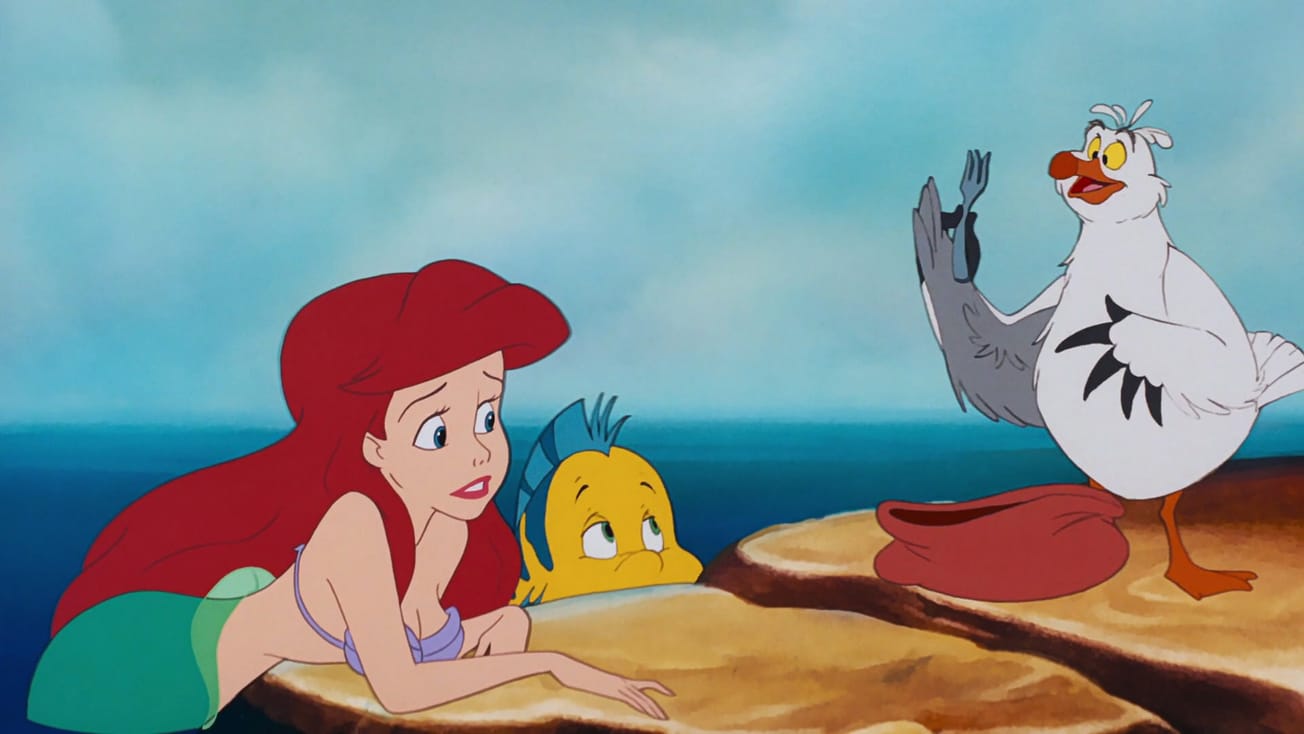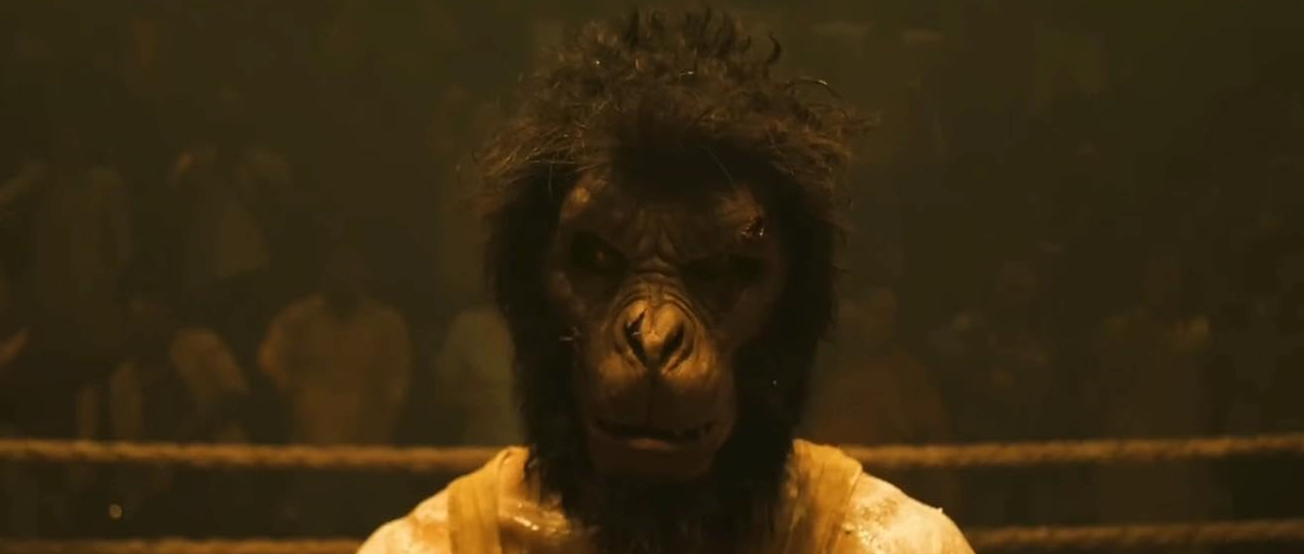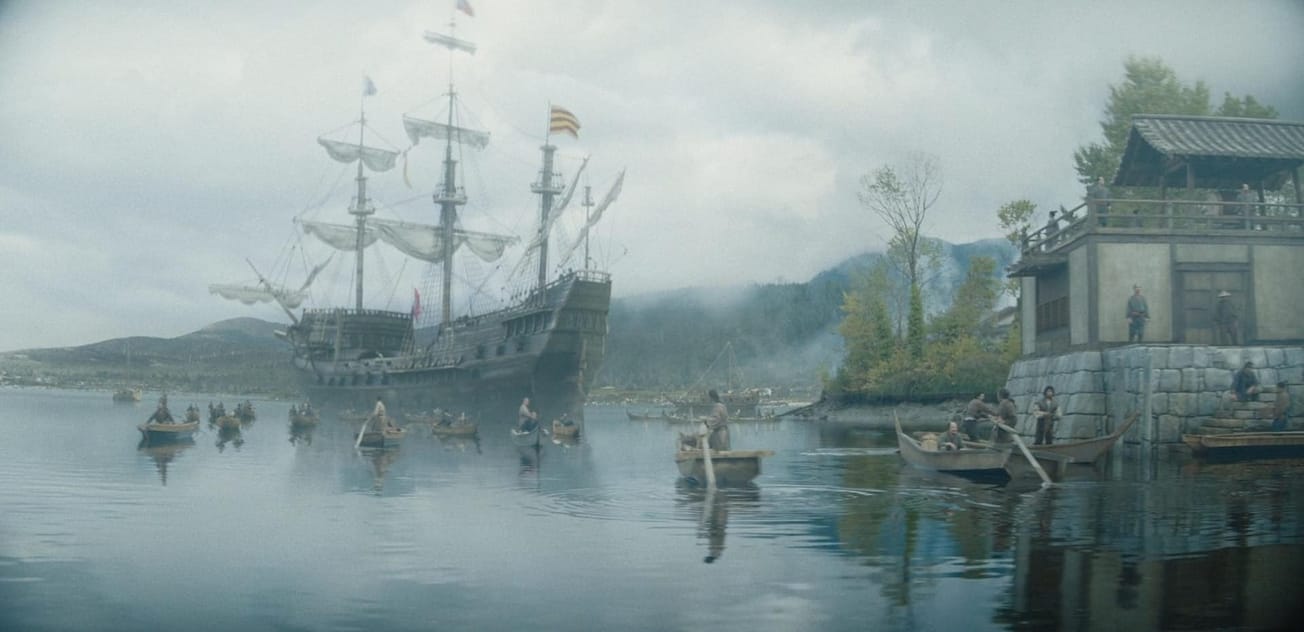Evelyn Heis, Film & TV Editor
If I had to describe this film in just one word, it would have to be breathtaking. I have never seen such an intricately-made film, whose beautiful cinematography and sombre colour palette reflect the tenderness and complexity of the storyline so perfectly. Barry Jenkins’ Moonlight (2016) is purely a work of art.
Split into the three fundamental stages of the protagonist’s life- childhood, adolescence, and adulthood- the story follows Chiron: an introverted, queer Black boy who is yet to come to terms with his sexuality.
Chiron (played by Alex R. Hibbert, Ashton Sanders and Trevante Rhodes in each of the developmental stages) lives in a rough, crime-ridden neighbourhood with his addict mother, Paula (Naomie Harris), who notably neglects, abuses and shouts homophobic slurs at her own son. With no support system at home and continuous harassment in school, Chiron eventually finds sanctuary in the home of Juan (Mahershala Ali), an Afro-Cuban drug dealer, and his girlfriend Teresa (Janelle Monae), who take him in as if he were their own son, providing comfort and shelter.
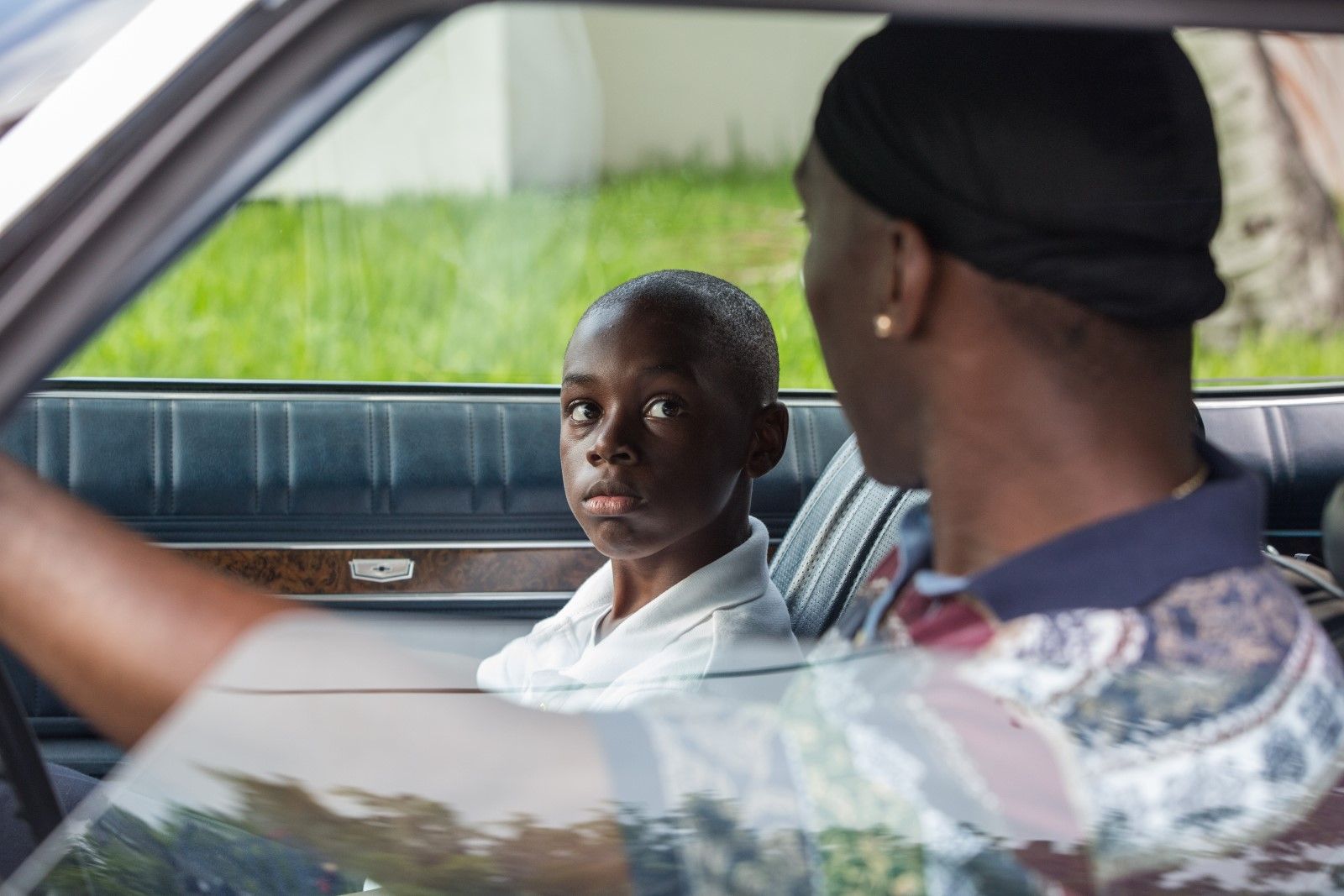
Moonlight (2016) is not your typical coming-of-age story, bringing to light the complex and heart-breaking struggles of closeted individuals whose environments prohibit them from being themselves. It’s a heart-wrenching story, but the brilliant acting and cinematography inevitably help you form a connection to its characters: you, too, feel like Chiron as you navigate the world.
Chiron is just one of those characters that deserve the biggest hugs, and with Jenkins' brilliant writing setting everything up by the time you reach the third act, you'll find yourself rooting for Chiron, wondering if things will finally get better for him in adulthood.
I cannot recommend this film enough, both for its beautiful message and performances, as well as its mesmerising cinematography.
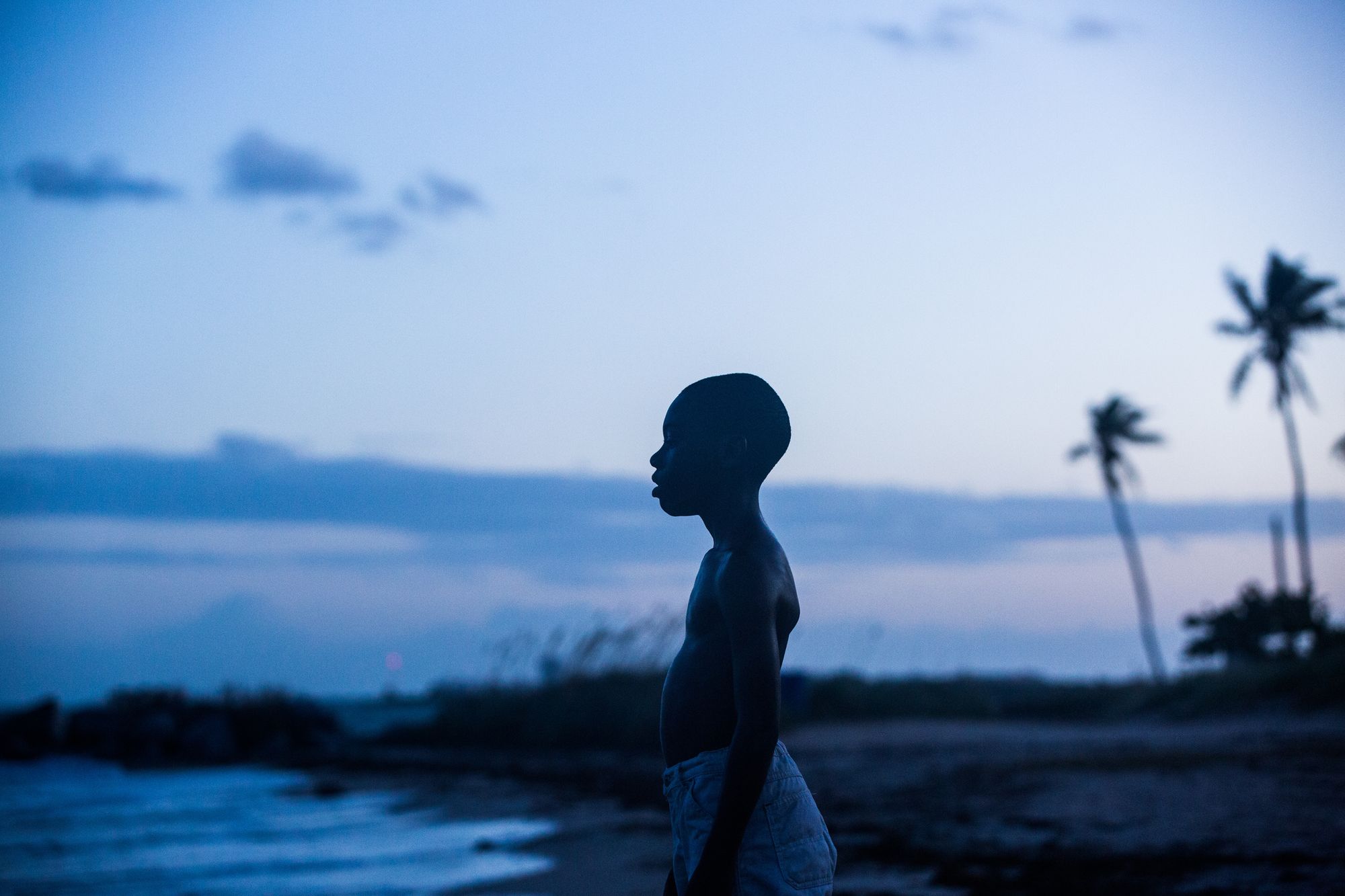
Jake Tickle, Deputy Film & TV Editor
My pick this month is The Bodyguard (1992), starring Whitney Houston in one of my favourite films ever. This film follows Whitney Houston’s character, Rachel Marron, who is a famous singer with a… passionate fanbase. When one of her fans begins to become increasingly obsessed with her, Rachel reluctantly hires a bodyguard named Frank Farmer (Kevin Costner).
This begins a beautiful and harrowing film of love, family, celebrity culture – reflecting Houston’s own stardom – and of course, music. The film is full of some of Whitney Houston’s best hits, including ‘I Will Always Love You’, ‘I Have Nothing’ and ‘Run To You’. Houston’s vocal performance in this film is simply sublime and solidifies her as one of the greatest vocalists who ever lived.
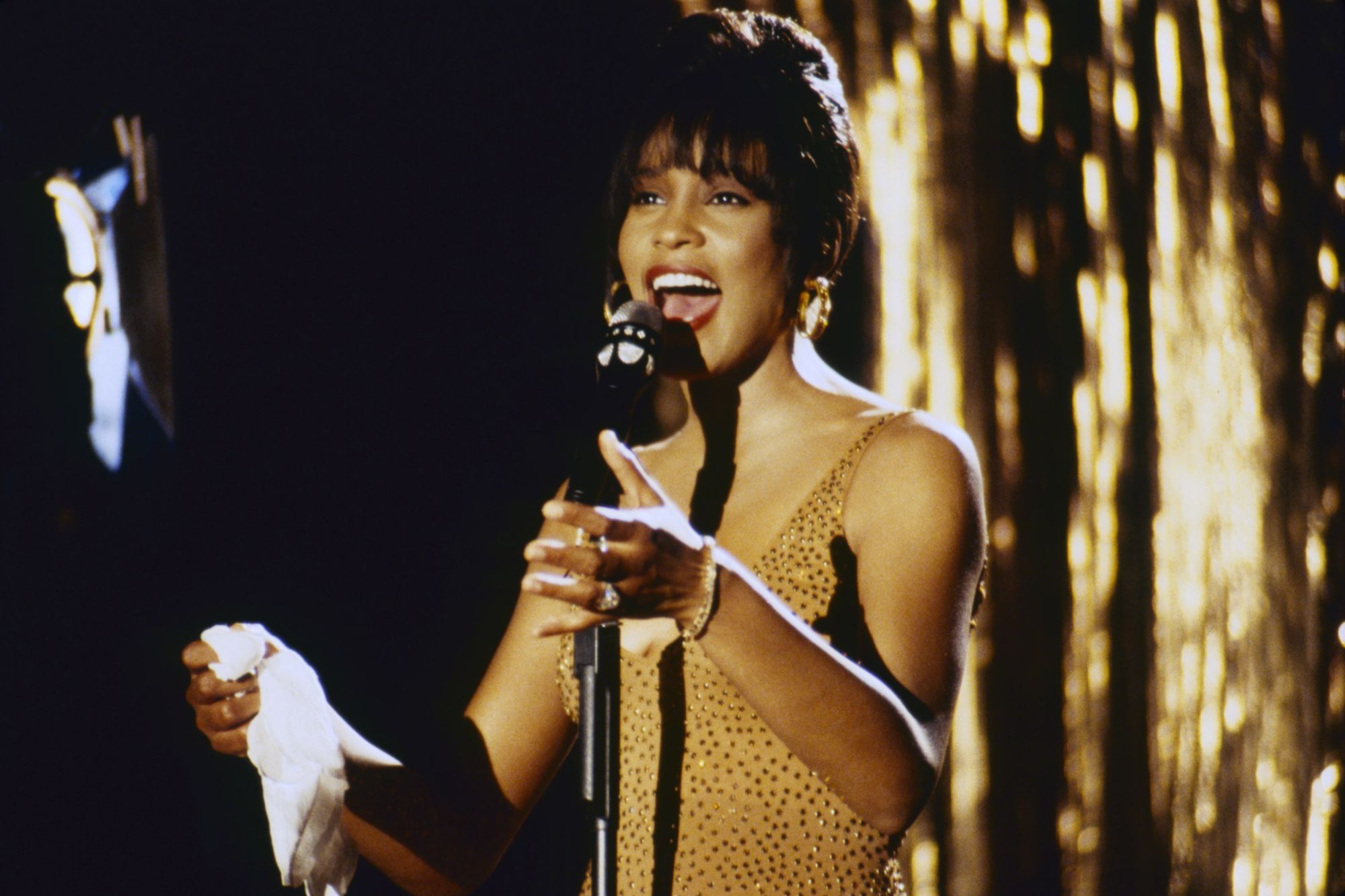
In the past, when I’ve asked some of my friends f they’d seen this film, so many of them said they had never even heard of it, but recognised some of the songs that featured in the film. I’m now taking this opportunity to tell you to watch it.
With the upcoming Whitney biopic coming out in November, and Black History Month being in October, there really isn’t a better time to watch this film and appreciate one of the greatest Black voices to exist.
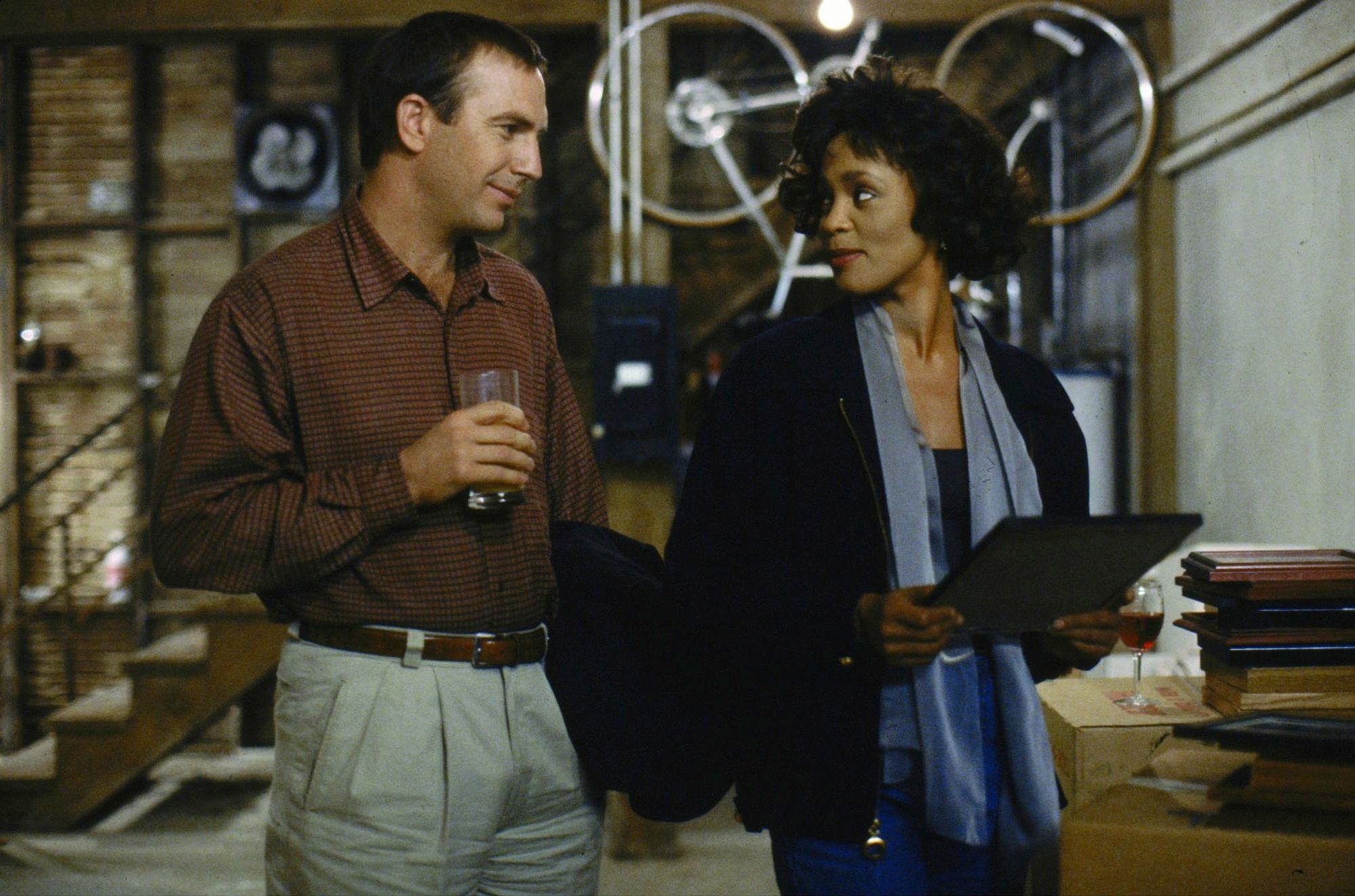
Amelia Jacob, Film & TV Digital Editor
Watching Waves (2019) for the first time was a near-religious experience for me. Huddled on a sofa underneath a blanket, rain beating against the windows outside, the film was played on a projector by my friend as I sat, enthralled.
A technicolour dreamscape of manatees, nails lacquered with fluorescent orange polish, a storming sky, the ripple you can spy in the distant air when the sun is hot enough to burn. Waves is a visual perfection, like Florida sunshine bottled.
The film contains two distinct narratives based around one family in the Miami suburbs. These two stories are vastly juxtaposed: one so sad it makes your throat ache, and the other so sweet you can taste it for days afterwards.
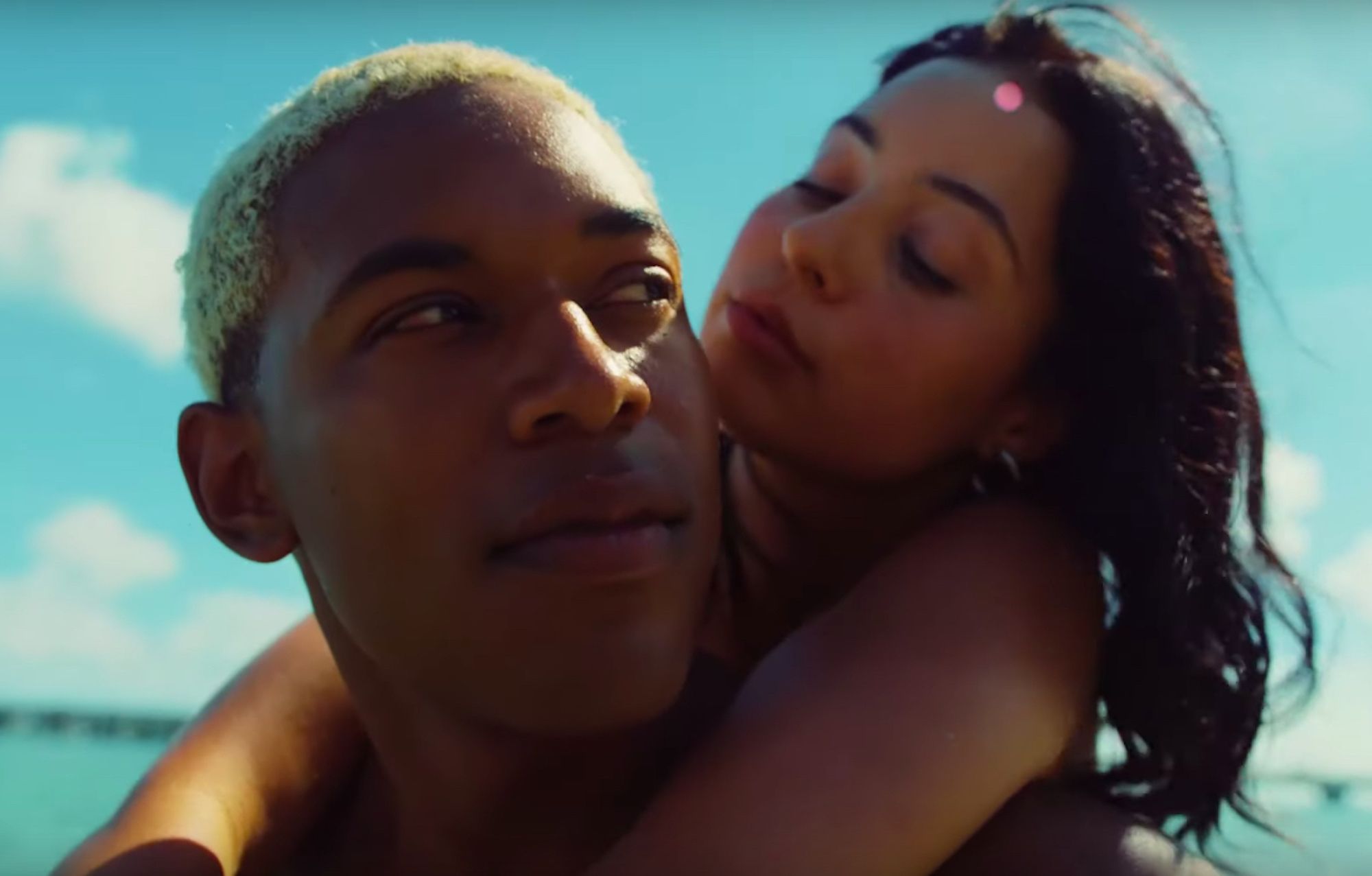
The stressful, cacophonous first half depicts the ill-fated relationship between Tyler (Kelvin Harrison Jr.) and Alexis (Alexa Demie) whose passion is marred by an unexpected event that eventually leads to tragedy. Tyler’s relationship with his father, Ronald (Sterling K. Brown), is equally fraught, with what Harrison himself dubbed as the “pressure placed on young Black boys to excel”.
After a seminal event threatens to tear the Williams family apart, Waves’ focus immediately shifts to the emotional aftermath, to Tyler’s sister, Emily (Taylor Russell, in her break-out role). From here on in, the film experiences a tonal shift, as we watch Emily slowly fall in love with the shy, unassuming Luke (Lucas Hedges) and embark on a road trip across the Country.
One of the film’s misleading descriptors online is that it is a musical. It is not. Rather, it has contemporary R&B, rap and alternative music playing almost constantly in the background, rising and falling in tempo dependent on the action and conflict. It is an undeniably sad film, but full of wonder, and I highly recommend you experience it for yourself.

Kalila Smith, Film & TV Investigations Editor
My pick for Black History Month is one that socially broke the glass ceiling: Hidden Figures (2016). When it was released, I remember everyone felt their blinkers being taken off as we relentlessly discussed the three hidden heroines of the American Space Race: it was a proud moment for the film community.
Hidden Figures is loosely based on the true story of three African American women – Katherine Johnson (Taraji P Henson), Mary Jackson (Janelle Monae) and Dorothy Vaughan (Octavia Spencer) – who endure unfathomable levels of work discrimination during the ‘60s.
The film is intentionally not subtle in its narrative, its purpose is to tell History how it truly was, a feat that can be difficult to successfully accomplish.
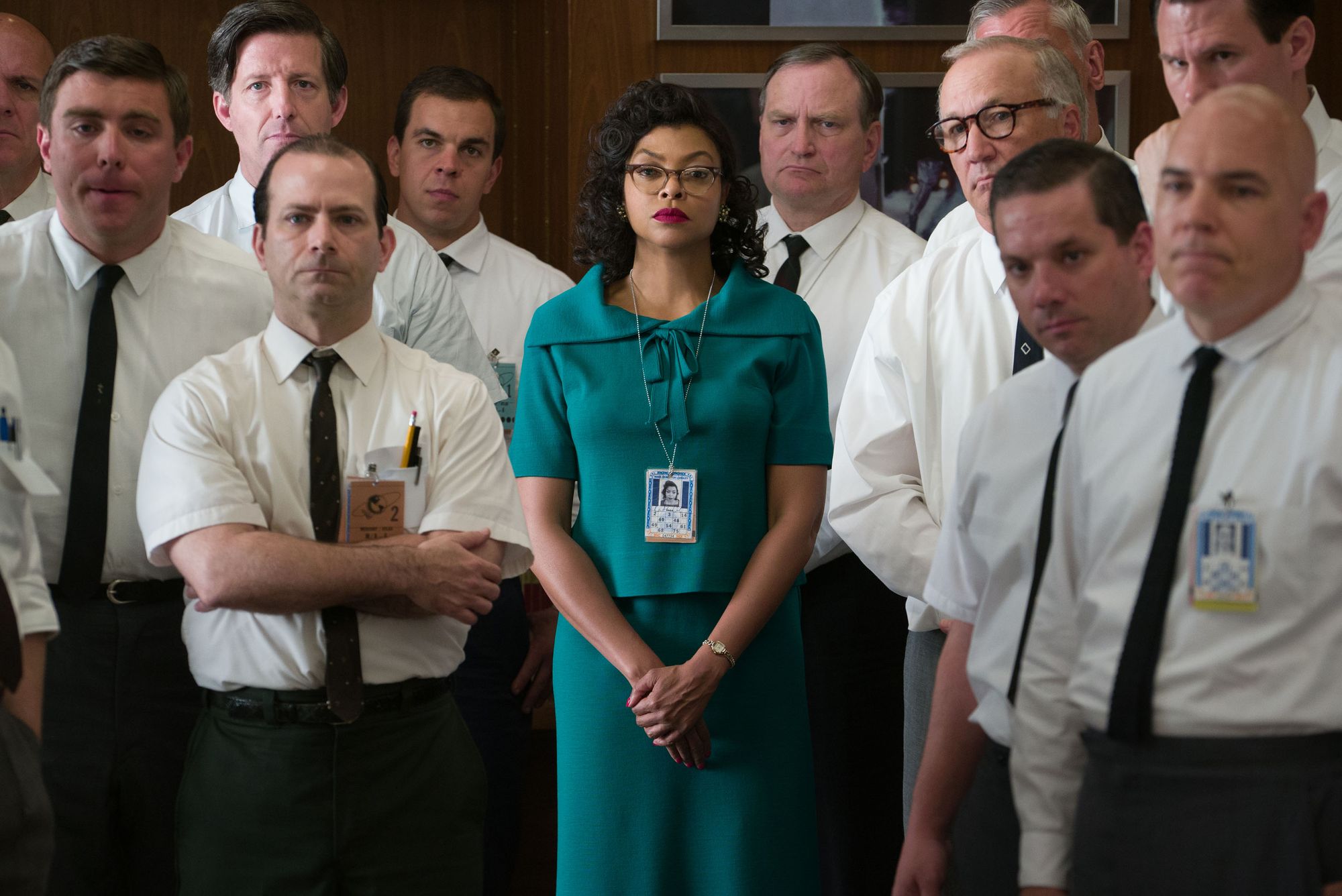
The music was an integral aspect of the film, with Pharrell Williams scoring many of the tracks, and both Monae and Williams being primary artists on the soundtrack. The music has elements of jazz, deep Southern soul and gospel music, infusing the film with energy but also becoming an understated celebration of music genres that originated from African American communities.
Johnson, the main heroine, must have been a formidable woman during the ‘60s as the first Black woman to join Al Harrison’s Space Task Group for the launch of Friendship 7, and later went on to track the trajectories for Apollo 11 and Space Shuttle missions. A scene that strikes an emotional chord is when Johnson gives a long-awaited monologue to Harrison, explaining that she runs half a mile every work break to use the nearest bathroom that accepts African-American women.
Each heroine of the trio has their moment in the limelight as we watch them gradually turn from mathematicians to agitators. Hidden Figures is one of the few films that grittily unpacks intersectionality as an individual experience and a very complex form of oppression. As a historian, I could not recommend this film more.

Claire Meakins, Film & TV Critic and Subeditor
Set in the outskirts of N’Djamena, Lingui, the Sacred Bonds (2021), is a quiet yet impactful film centred around the relationship between a mother and daughter.
Amina (Achouackh Abakar) is a single mother who, despite being looked down upon by her community, works tirelessly to provide better opportunities for her 15-year-old daughter, Maria (Rihane Kalil Alio). When Maria unexpectedly falls pregnant and wants an abortion, the two must pull together in an attempt to overcome the financial, legal, and religious barriers that stand in Maria’s way.
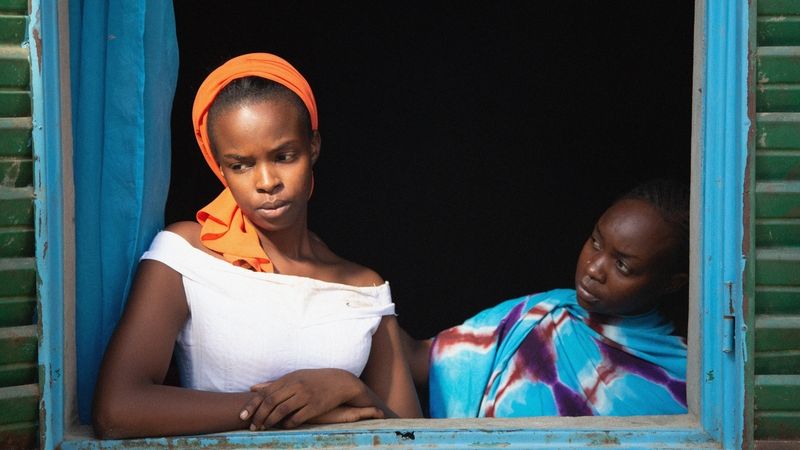
While this may sound like a tragic and devastating watch, that’s not entirely the case. Director Mahamat-Salet Haroun certainly doesn’t back away from the darker sides of the story, but he also ensures that moments of joy and community shine through. In spite of the heavy subject matter, Lingui has moments that are genuinely heart-warming.
The cinematography is absolutely stunning, with every shot feeling deliberate and rich in detail. Shots of the city perfectly capture its busyness and vibrancy, while the more sombre scenes make excellent use of shadow, texture and a muted colour palette.
Most notable, however, is the film’s celebration of female solidarity against oppressive societal structures. Maria and Amina’s bond is beautifully portrayed, as are the relationships between the film’s other female characters, who unhesitatingly look out for one another even at great personal risk. As a result, Lingui’s tackling of the topic of women’s reproductive rights is incredibly relevant, impactful and unforgettable.
Featured Image:
What film would you recommend someone to watch this Black History Month?



